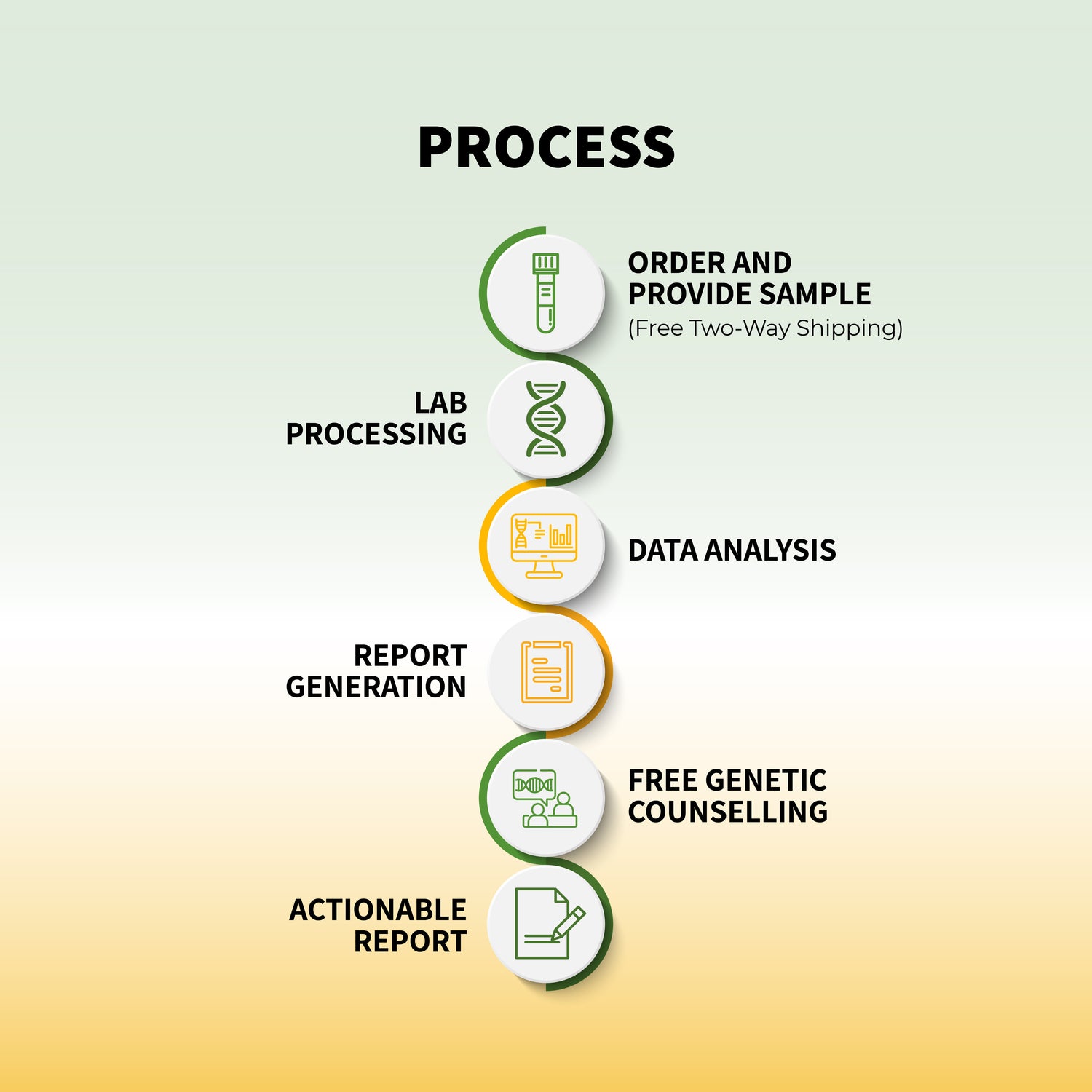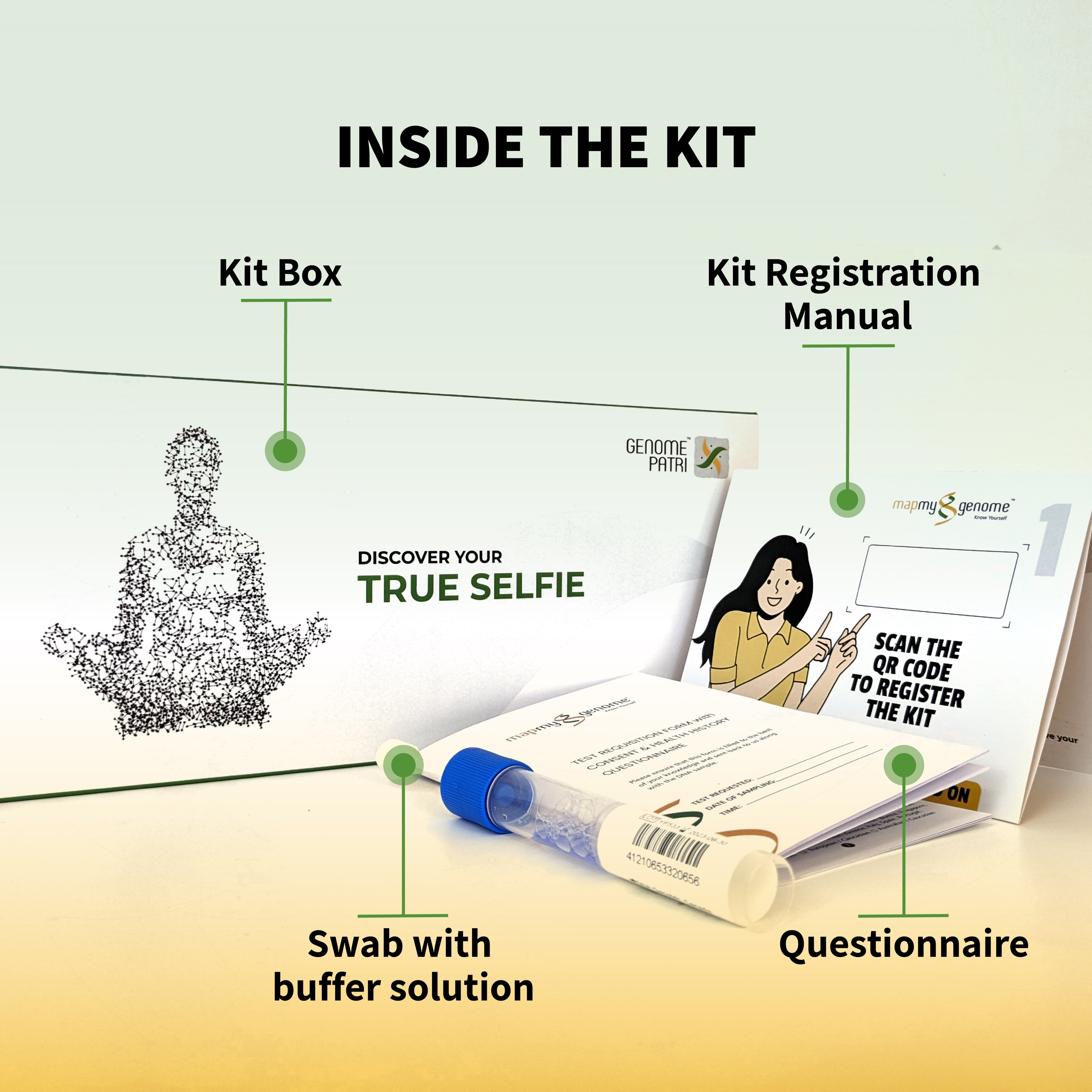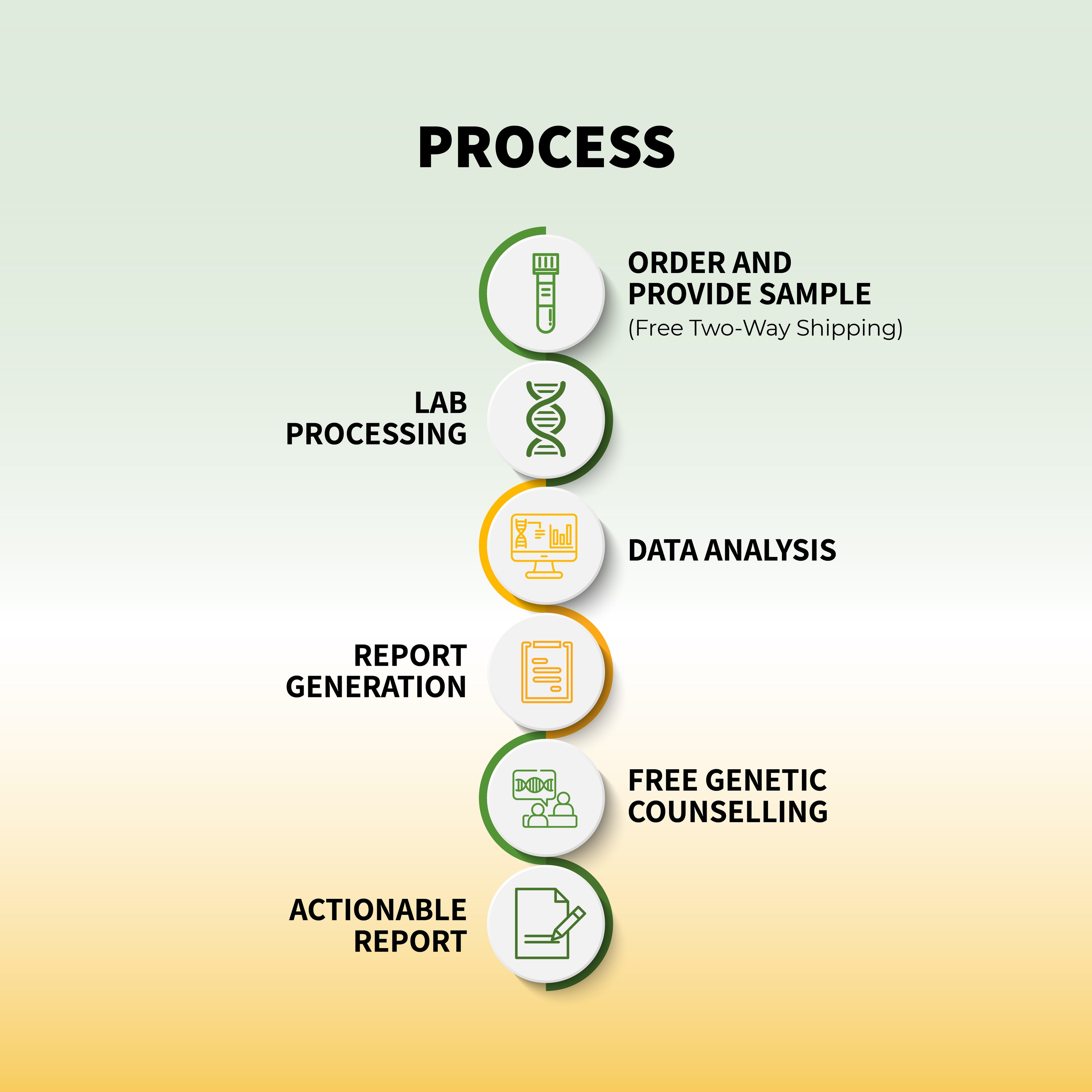Your brain is like a muscle – the more you exercise it, the healthier it stays. But unlike physical muscles, your brain doesn’t just need workouts. It needs a combination of habits to stay sharp, focused, and youthful. If you’ve ever wondered how to give your brain a much-needed boost, you’re in the right place!
In this blog, we’ll uncover 10 healthy habits that can keep your brain young, sharp, and active. Plus, we’ll answer questions about brain exercise, cerebral workouts, and how exercise helps your brain stay fit and happy.
Let’s dive in!
Why Should You Keep Your Brain Active?
Your brain controls everything – from simple daily tasks to complex thinking and memory retention. As we age, our brain function can slow down, and memory loss can creep in. But there’s good news: simple daily habits can make a huge difference!
Just like our bodies, our brains need regular exercise to stay fit. Engaging in brain exercises and workouts, maintaining healthy habits, and staying mentally active can:
-
Improve memory and focus
-
Reduce the risk of age-related brain diseases
-
Boost mood and mental energy
-
Keep you mentally sharp as you age
So, let’s jump into the 10 habits that can help keep your brain young and energetic!
1. Stay Physically Active: Exercise and the Brain
Physical exercise is not just for your body; it’s also a brain booster. Activities like walking, running, cycling, or even dancing can improve blood flow to your brain, providing essential nutrients and oxygen.
How it helps:
-
Enhances memory and cognitive function
-
Releases endorphins (feel-good hormones)
-
Reduces stress and improves mood
Tip: Aim for at least 30 minutes of exercise, 4-5 times a week to reap the benefits.
2. Brain Fitness Exercises: Train Your Brain
Your brain loves challenges. Think of brain workouts as mental push-ups. Puzzles, Sudoku, chess, and crossword puzzles are excellent cerebral exercises to keep your mind active.
Brain exercises to try:
-
Solve a new puzzle every day
-
Play memory games
-
Try brain training apps like Lumosity or Elevate
Tip: Dedicate 15-20 minutes daily to brain fitness exercises to improve focus, problem-solving skills, and creativity.
3. Learn Something New: Boost Brain Power
When you learn something new, your brain builds fresh neural pathways. Whether it’s learning a new language, musical instrument, or cooking a new recipe, challenging your brain keeps it young.
Benefits:
-
Enhances memory and concentration
-
Stimulates creativity
-
Slows down cognitive decline
Tip: Pick up a hobby or skill that excites you. Learning is a lifelong adventure!
4. Stay Socially Connected: Build Relationships
Interacting with others is vital for brain health. Socializing engages multiple parts of the brain, including emotional and cognitive centers. Loneliness, on the other hand, can impact mental sharpness.
Ways to stay socially active:
-
Spend time with family and friends
-
Join social clubs or communities
-
Volunteer or attend group classes
Tip: Regular interactions, even virtual ones, keep your brain happy and active.
5. Eat Brain-Boosting Foods: Nutrition Matters
Your brain needs the right fuel to function well. A diet rich in omega-3 fatty acids, antioxidants, vitamins, and minerals can protect your brain from aging.
Top brain-boosting foods:
-
Fatty fish (salmon, sardines)
-
Nuts and seeds
-
Berries (blueberries, strawberries)
-
Leafy greens (spinach, kale)
-
Dark chocolate (yes, in moderation!)
Tip: Include these foods in your daily meals for long-term brain health.
6. Prioritize Quality Sleep: Rest Your Brain
Sleep is when your brain cleans up and repairs itself. Poor sleep can affect memory, focus, and mental clarity. Aim for 7-9 hours of quality sleep every night.
How to improve sleep:
-
Create a relaxing bedtime routine
-
Avoid screens an hour before bed
-
Keep your room cool and dark
Tip: Good sleep is like a reset button for your brain – don’t skip it!
7. Manage Stress: Protect Brain Function
Chronic stress can shrink brain cells and impair memory. Practicing stress management techniques can boost brain function and overall well-being.
Stress-busting activities:
-
Meditation and mindfulness
-
Deep breathing exercises
-
Yoga or light stretching
Tip: Dedicate 10 minutes daily to mindfulness or meditation to calm your brain and body.
8. Stay Hydrated: Keep Your Brain Alert
Your brain is 75% water. Dehydration can lead to fatigue, brain fog, and reduced cognitive performance.
Hydration tips:
-
Drink 8-10 glasses of water daily
-
Add lemon or mint for flavor
-
Avoid sugary drinks and excessive caffeine
Tip: Carry a water bottle everywhere to make hydration a habit.
9. Challenge Your Memory: Work That Brain Muscle
Exercising your memory improves mental clarity and prevents forgetfulness. Try memorizing phone numbers, grocery lists, or even small speeches.
Memory-boosting activities:
-
Practice visualization techniques
-
Use mnemonic devices to remember facts
-
Recall events from your day
Tip: Start small and gradually increase the level of challenge for your memory.
10. Practice Gratitude and Positivity
Believe it or not, a positive mindset can boost brain health. Gratitude reduces stress, enhances mood, and promotes better brain function.
Ways to practice gratitude:
-
Write down 3 things you’re grateful for every day
-
Focus on the positive aspects of your life
-
Share appreciation with loved ones
Tip: Positive thinking can improve your mental outlook and keep your brain youthful.
FAQs About Brain Exercises and Mental Health
1. What are brain exercises?
Brain exercises include activities that stimulate your brain, like puzzles, memory games, learning new skills, or meditation. They help improve focus, memory, and cognitive function.
2. How does exercise benefit the brain?
Physical exercise increases blood flow to the brain, delivering oxygen and nutrients. It also releases hormones that boost mood, improve memory, and protect brain cells from aging.
3. How can I improve brain health naturally?
Adopt healthy habits like exercising, eating brain-boosting foods, staying socially active, learning new skills, and practicing mindfulness. These habits keep your brain sharp and youthful.
4. What are some simple brain workouts I can try daily?
Simple workouts include solving puzzles, crosswords, learning new words, playing memory games, or even trying meditation. These small activities strengthen your brain.
5. Can poor sleep harm my brain health?
Yes. Poor sleep can lead to memory loss, decreased focus, and slower cognitive function. Prioritizing quality sleep helps your brain recover and function optimally.
Final Thoughts
Your brain works hard for you every day. By adopting these 10 healthy habits, you can keep it sharp, young, and active for years to come.
Whether it’s brain exercises, physical workouts, or proper nutrition, every small step makes a big difference. Remember: it’s never too late to start taking care of your brain!
So, are you ready to give your brain the care it deserves? Start with one habit today, and watch how your brain fitness improves over time. Stay sharp, stay young, and let your brain thrive!

















